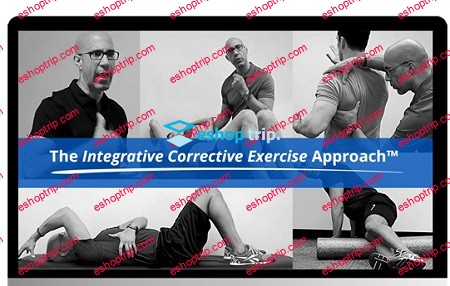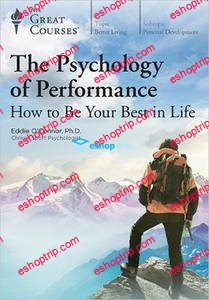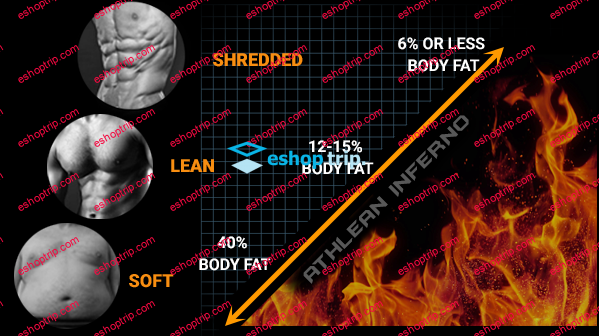Leading Corrective Exercise Expert Reveals His Proven System To Help Fitness Professionals Assess Postural & Movement Problems and Develop A Corrective Exercise Strategy That Accelerates Results.
Discover how this unique approach will allow you to become a corrective exercise specialist!
Dear fellow fitness professional,
Still confused about what assessment and corrective exercise system you should use?
Unless you’re stuck in the 90s, you know that assessments are a must in your training systems. The million-dollar question is which one you should use!
For most systems, you either get an oversimplified version or a truly complex version that requires a Ph.D. to implement.
The trouble is an oversimplified version won’t always transfer to a majority of your clients. Sometimes, they even make matters worse.
What good is a protocol that you use over and over that doesn’t produce results?
It leads to the client getting frustrated and, in turn, you getting frustrated.
And those fancy overcomplicated methods? Well, they may not produce either.
Did you know that several studies show success rates of physical therapy to only be in the 50-59% range?
That’s like flipping a coin in hopes that you will get better! And that’s when you work with a qualified professional.
Here are some more scary stats to review:
– Over 100 million Americans suffer from some type of chronic pain. Arthritis is the most common cause of disability in working age adults – and most cases of arthritis can be categorized as osteoarthritis or degenerative joint disease – in other words it is the result of wear and tear related to an individuals habits and not a result of their genetics or heredity.
– Low back pain is the most commonly reported type of pain (ahead of headaches!). Back pain is the leading cause of disability in Americans under the age of 45 and is one of the most common causes of missed workdays in this country.greater than $50 billion is spent every year in this country just treating low back pain.
– Knee and shoulder pain accounts for over one-third of doctor visits for musculoskeletal issues. Most of these issues are related to repetitive injuries or are a direct result of how these individuals are sitting, walking, reaching, lifting, and exercising.
– Over 100,000 Americans will have their hip or knee joint replaced this year.and the average age of these individuals having these surgeries is going down while the numbers of people having joint replacements is on the rise
– 70% of individuals will experience neck pain making it almost as common a problem as low back pain.
Research also shows that most of these people will seek out non-operative measures to correct their pain.
You’d have to be the luckiest trainer in the world to only work with healthy clients who don’t have a need for corrective exercise.
That means more and more clients who come to you will be in need of corrective exercise, but to introduce the right corrective exercise strategy, you need a proper assessment process.
One cannot successfully exist without the other.
Think back to the last 20 clients you worked with.
Did they have tight hips? A forward shoulder posture or discomfort? Tightness or discomfort in their back? Thoracic tightness or limited range of motion?
Most trainers aren’t training elite athletes or the high-level fitness enthusiast.
You’re working with the everyday Joe and Jane who want to move better, look better, and feel better.
These clients need help, and they are likely coming to you with pre-existing issues.
So you have two choices:
– Only train healthy individuals who have no issues.
– Learn to assess clients and apply the right corrective exercise protocol.
If you choose #1, your client load will be pretty light (and so will your wallet)!
You’re going to have to learn how to help clients overcome their movement issues and prepare themselves to be healthier versions of themselves.
That’s exactly why I partnered with Dr. Evan Osar to bring you the Integrative Corrective Exercise Approach.











Reviews
There are no reviews yet.